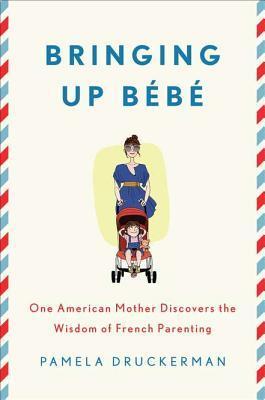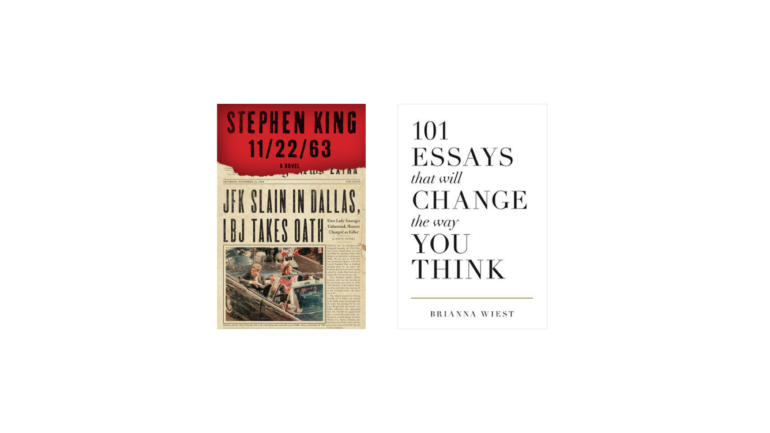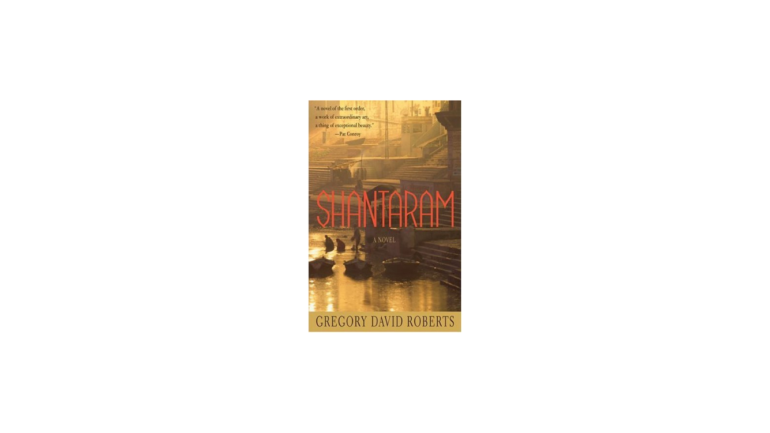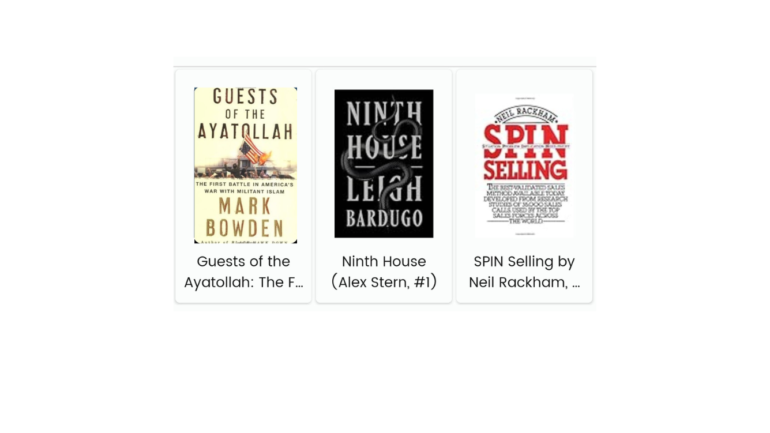Written Pamela Druckerman, published in 2012. Summary and review.
American Parent in Paris or, more officially, Bringing Up Bebe: One American Mother Discovers the Wisdom of French Parenting dives into the real life experiences and learnings of Pamela and her child, “bean” as she (an American) marries a Brit and moves to Paris to live, work, and raise her child. I take yet another dip into the realm of parenting books and the road to officially becoming a Dad is t-minus 8 weeks. I must learn everything in advance.
This was quite different than the previous parenting books I’ve tackled. This is less… term paper. Less research… more personal observations. Less study… more story. And I will say, it made reading this book quite enjoyable. Druckerman manages to setup each chapter’s premise (how the French parent in X manner), explain why, and provide personal stories of how she attempts to apply X in her own parenting process.
As a not-yet-parent, I can’t verify any of the techniques mentioned throughout this book work or help, but it SOUNDS like they will. The main points I pulled from this can be distilled down to:
- The Pause – give your (8 week or older) baby a few minutes to figure out things for themselves before jumping right in with parenting help. Maybe kiddo just needed 5 mins of crying and will calmly fall back asleep. Kids, babies, can’t express themselves like adults can. So crying is their main mode of language for basically all their wants, needs, thoughts, etc. So just give them a minute and then engage. *caveat – use your judgement and intuition, there may be instances were immediate parenting is required
- Wait – different from the Pause. “Wait” as a word, an instruction, is used by French parents when kids are asking for things, looking for attention. This is a nice way to replace “No” which is to be used sparingly (see latter bullet) and also fills the spot of immediately engaging with your child on every whim, question, interaction. Apparently this helps kids learn to, well, wait and establishes you’re the adult and they are the child. Your needs matter more than the kids. *caveat – if the kid is trying to tell you the house is on fire, probably don’t tell them to wait
- Autonomy – kids, and even babies, should be given some autonomy. Let them do things on their own. Parents do not need to entertain, engage, or helicopter 24/7. They should have some time left to their own devices to explore, learn, and run about. Whether that’s at the park, in their room, etc. Parents do not need to be giving a play by play of their kids day.
- Talk to them as Adults. Apparently they’re much smarter than we give them credit for. Especially baby babies.
- Live your life. Kids don’t rule you, you rule them! O’Doyle Rules!
- Let them figure things out. Americans tend to cater to kids and show/help/assist babies and kids “accomplish” things. Baby wants the toy that’s a foot away, Mommy will get it for you. The French tend to let kiddos figure things out on their own. You want that toy? You better figure out how to get it!
- No isn’t a common word. Mostly kids get freedom to do things. But when the French say no, they mean no. Which, apparently, gives more weight to “no”. Use sparingly.
All in all, I feel like (as not-yet-a-parent) these ideals make sense and will likely work well. I plan to, at least, try these out and test them for myself. Will they work? I have no idea. But my logic brain seems to make sense of this. But will the illogicality of children change that?… TBD.
TLDR: A solid parenting book with a different persticve, at least for us Americans. I can’t say if any of this works yet, but will add my notes after raising baby boy B. Would Recommend. 4/5 Stars.




